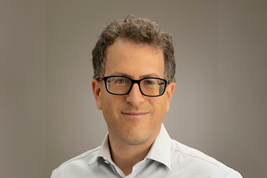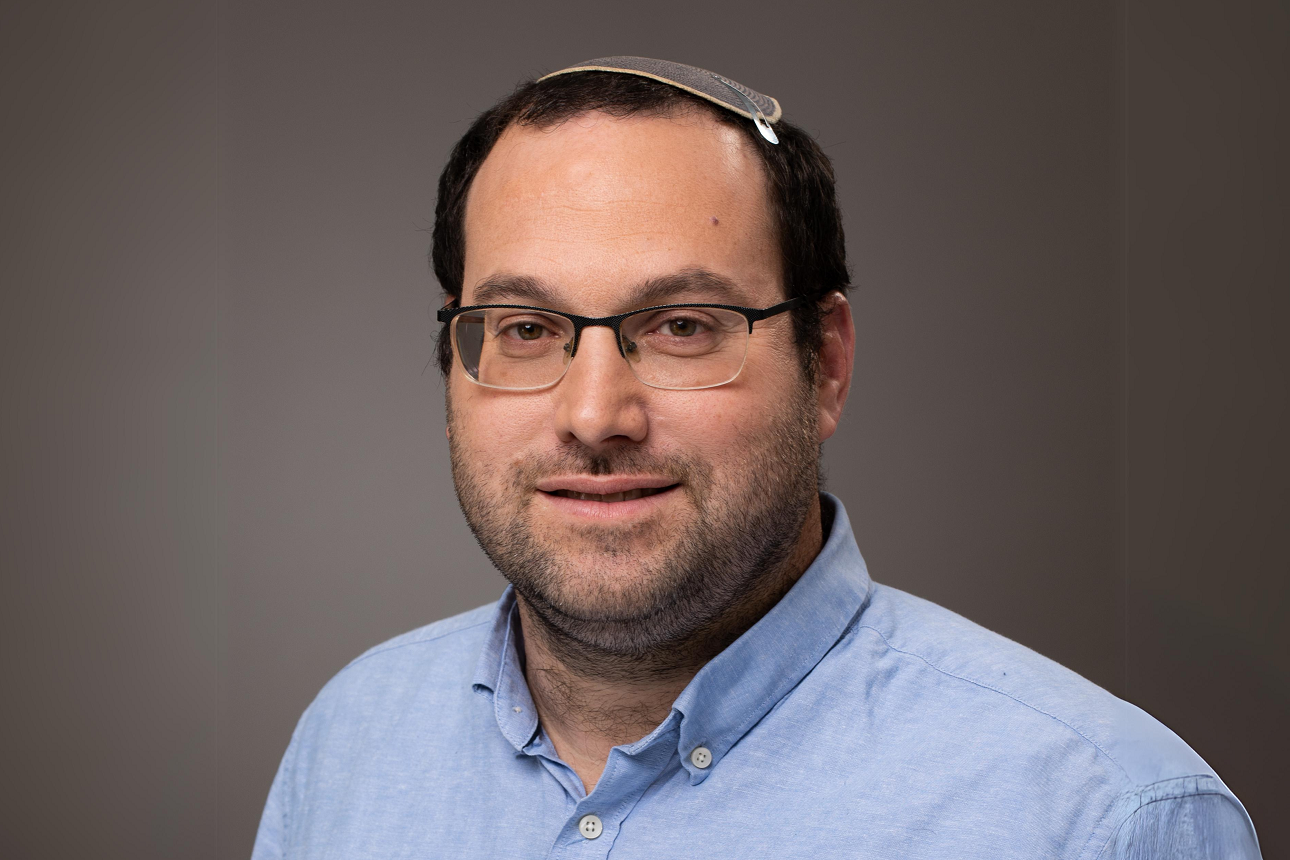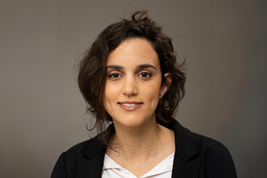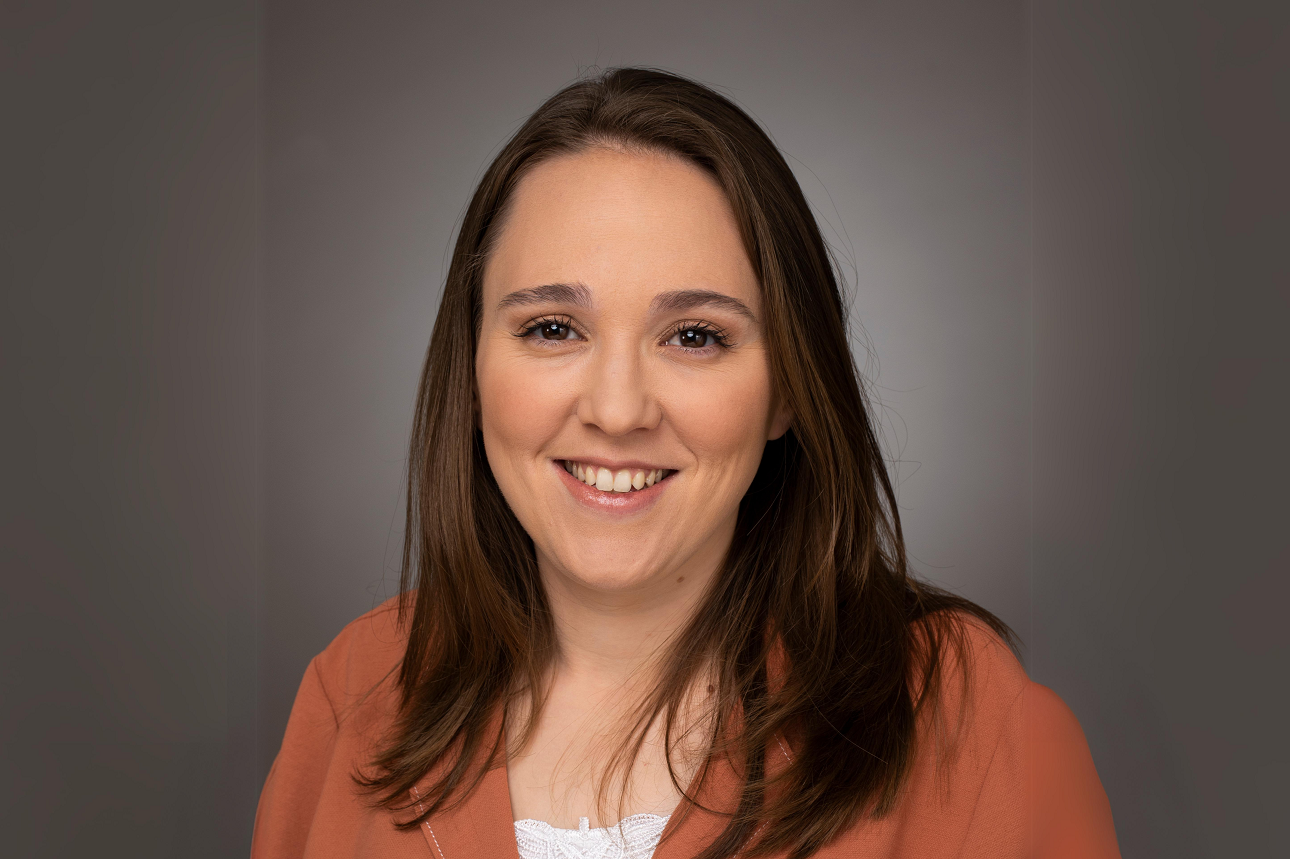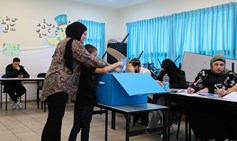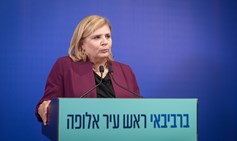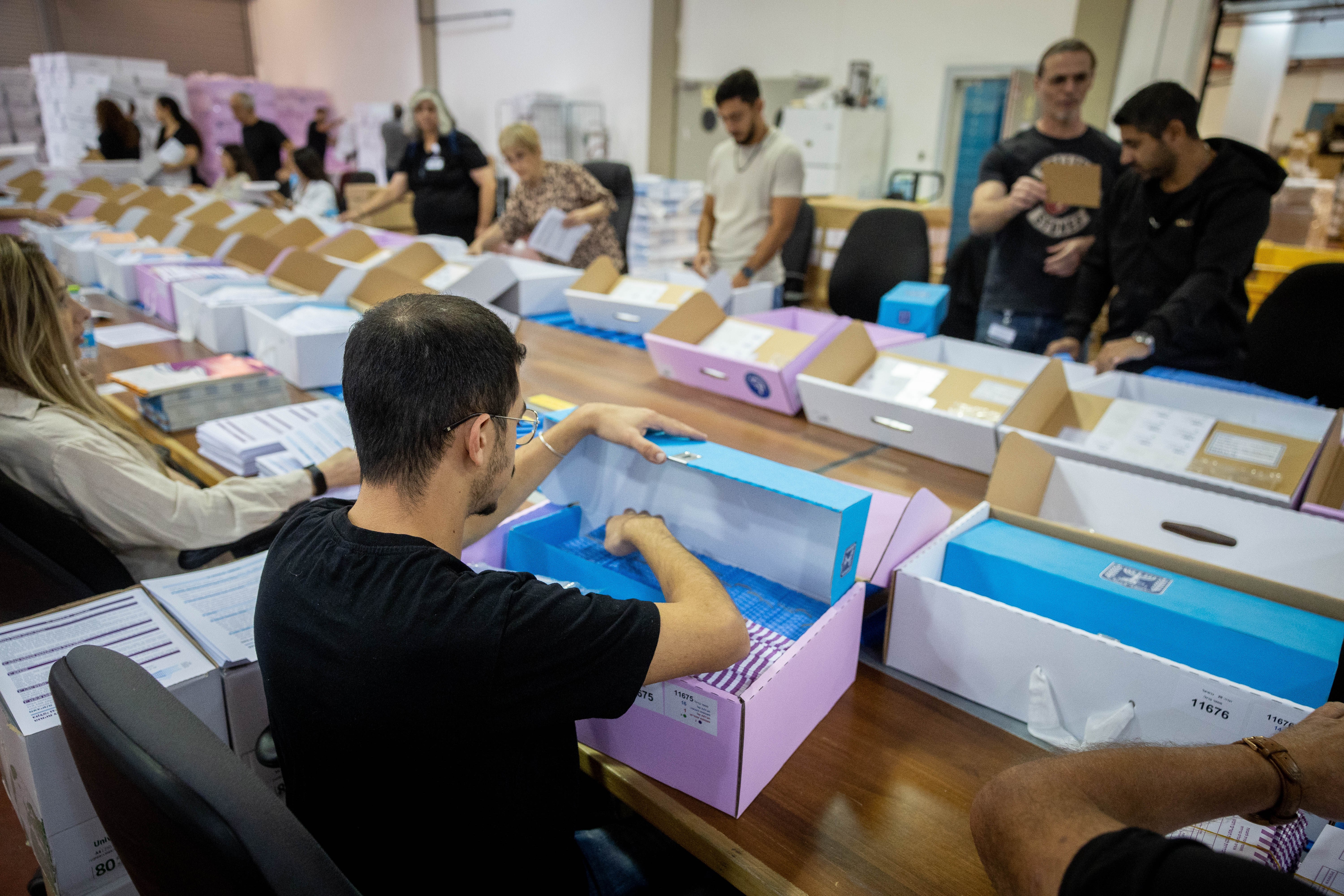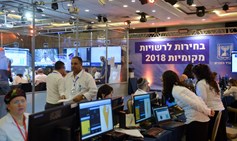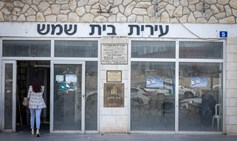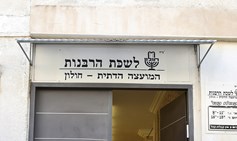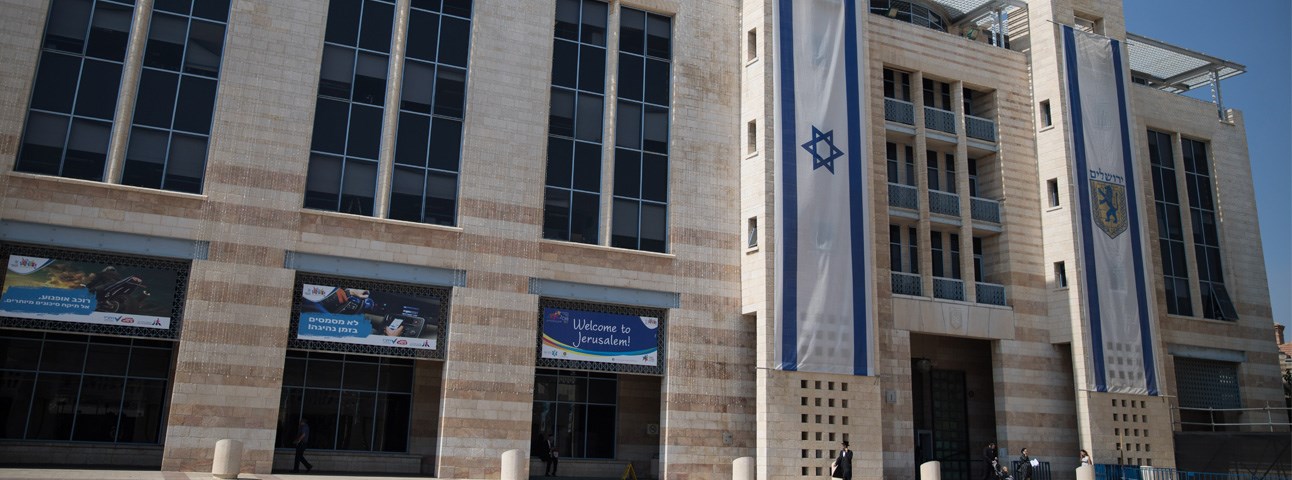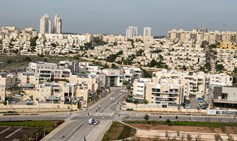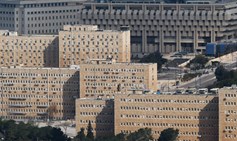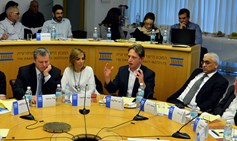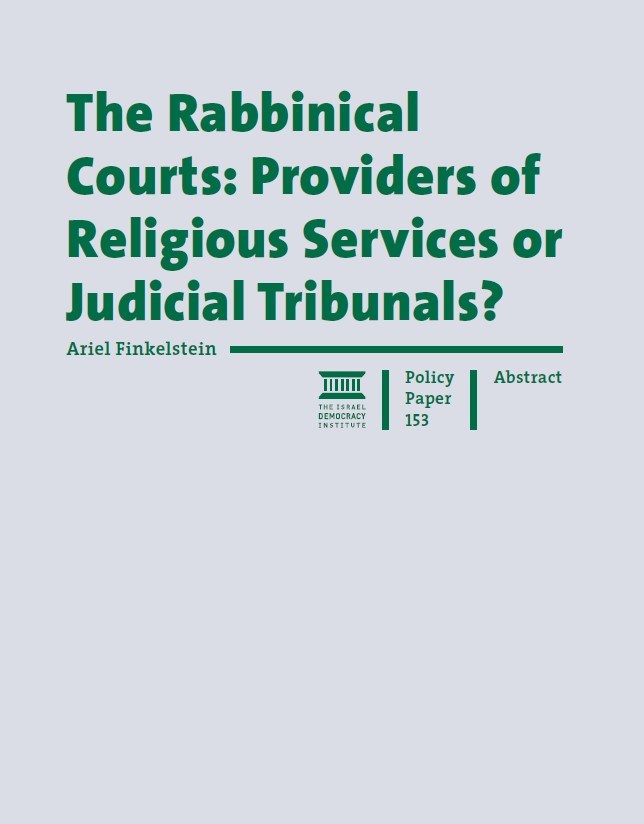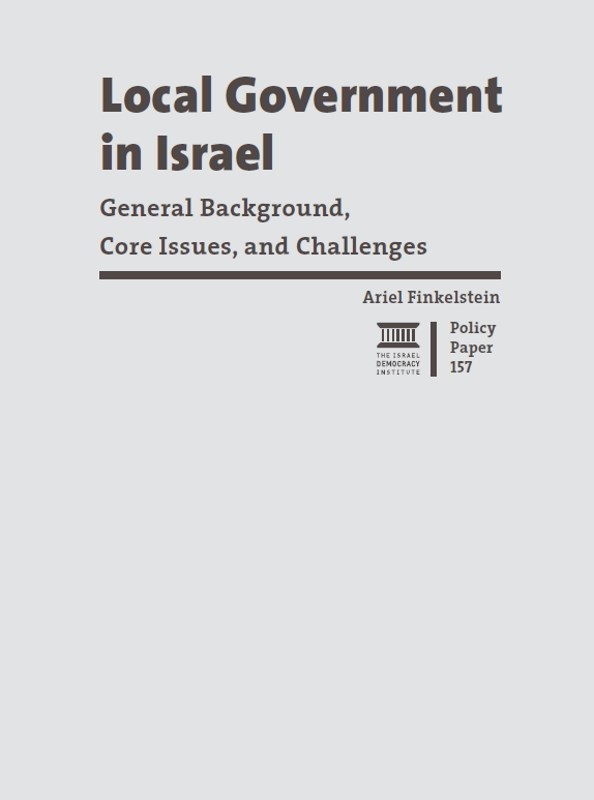Civil Service and Governance Reform Program
IDI’s program for reform in Israel’s civil service promotes a broad variety of structural changes and better policies relating to Israel’s public sector, including: strengthening public trust in government; consolidating the checks and balances that are fundamental to Israeli democracy; enhancing equal opportunity; preventing harm to underprivileged sectors of the population; improving public services; streamlining regulations and bureaucracy, and minimizing incentives for corruption.
The program promotes trust building in an efficient, effective, smart, proactive public sector.
Some of the systemic challenges for which the program’s researchers are seeking solutions include: a lack of long-term strategic planning and the erosion of accountability and coordination mechanisms, politicization and weakening of the professional senior leadership and a lack of synchronized data systems.
The program operates in congruence with the UN’s SDGs (Sustainable Development Goals) on a number of systemic challenges, specifically relating to SDG16 goals that aim to build efficient, effective, responsible and inclusive institutions.
The program focuses on four primary areas:
- Streamlining the processes, structure and operation of public services in central and local government.
- Improving the effectiveness of services provided to the general public and to the business sector.
- Improving inter-governmental coordination and synchronization when implementing strategic innovations.
- Building trust in government institutions and decision makers.



